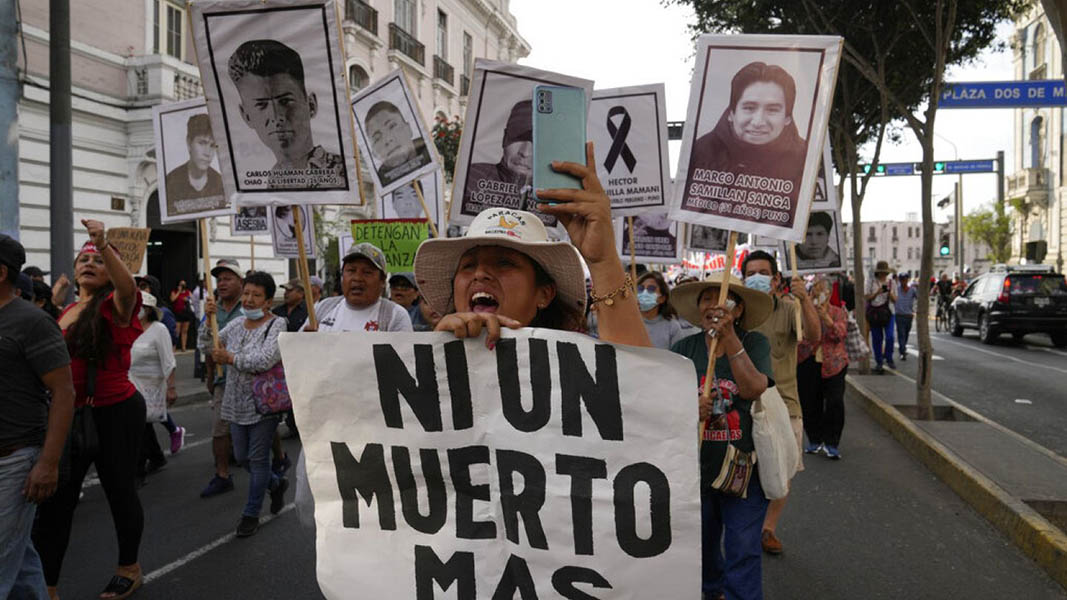
Peru’s Congress on May 19 voted 70-33 with four abstentions to approve Legislative Resolution 4766, authorizing US troops to be stationed on the national territory from June 1 to Dec. 31. Lima lawmaker Alfredo Azurín, president of the Commission on National Defense, Internal Order & Anti-Drug Struggle, said the soldiers will carry out training missions and joint exercises with Peru’s armed forces and National Police. He named several regions where the troops will be mobilize, including Loreto, San Martín, Huánuco, Ucayali, Pasco, Junín, Huancavelica, Cuzco, Ayacucho and Apurímac. Azurín assured that there is no intention to establish a US military base in Peru, and that the congressional decision has no effect on the country’s national sovereignty. (Congreso Noticias)
However, the vote was harshly condemned by former foreign minister Héctor Béjar, who said the estimated 700 US troops will be disposed to support operations by the security forces against Peru’s social movements, now preparing a new mobilization: “It is obvious that the presence of these soldiers is a deterrent, part of a policy of intimidation of the Peruvian people, who have announced new protests for next July.” (Prensa Latina)
The ouster of Pedro Castillo as president last December set off a wave of mass protest across Peru. The country’s security forces carried out extrajudicial or arbitrary killings and committed other “egregious abuses” against demonstrators during protests that swept the country from late last year through February, Human Rights Watch found in a new report.
A briefer US troop deployment was approved last year by Castillo’s own government, after Héctor Béjar had been removed as foreign minister in a perceived tilt to the right. However, the deployment was protested by voices within Castillo’s own left-populist Partido Perú Libre (PPL).
Photo: IndymediaArgentina





Peru, US resume narco-flight interception program
Peru’s Defense Ministry announced Aug. 12 that it is resuming a joint program with the US to identify and intercept narco-smuggling fights over its territory. The program was suspended amid a public outcry in 2001 after a Cessna flying Christian missionaries was accidentally shot down in the Amazon. (DW)